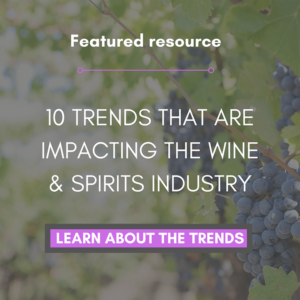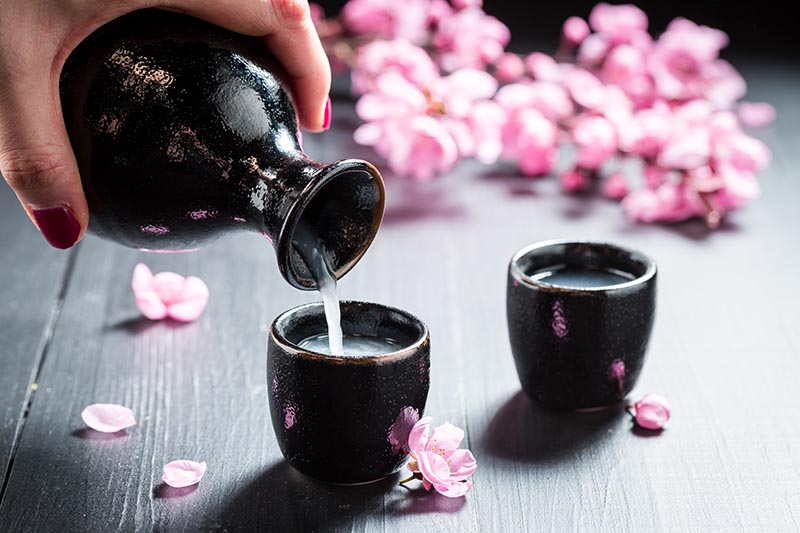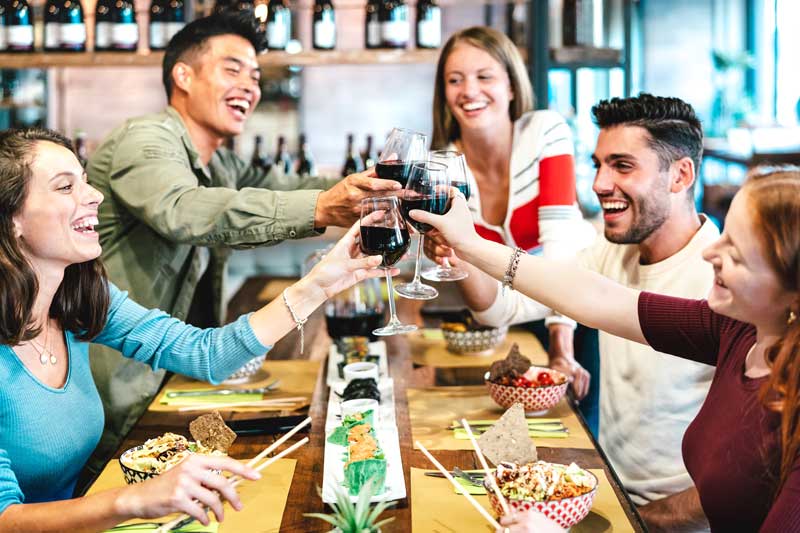American drinkers are looking for a unique, refined taste in their spirits, and they’re looking to Asia to find it.
The Asia-Pacific alcoholic spirits market is estimated to grow by 4.42% between 2018 and 2026, according to Inkwood Research.
The top three Chinese spirits brands are now valued at more than $1 billion, and looking to expand globally. More and more U.S. drinkers are turning to Asian spirits, which they see as exclusive and high-end. Here’s how you can take advantage of this trend.
The drinks leading the way
While spirits from the United States have struggled to enter the Chinese market, Chinese spirits are dominating in America.
China’s signature spirit, Baijiu, is the best-selling spirit in the world. Baijiu sales increased by 38.5% worldwide since 2017, reaching $286.5 million. This is despite seeing a decrease in sales by volume and a price increase. The reduced volume has translated to consumers seeing baijiu as more exclusive.
So why the big spike in sales? Baijiu has seen an increase in popularity thanks to the growing income of Chinese buyers, e-commerce sales, and the growing influence of western culture on their domestic drinkers. Most bottles of baijiu are still sold in China, but brands are seeing a spike in U.S. sales as well.
 The drink can surprise even the most sophisticated drinkers. Baijiu has 12 different types of aroma, and about 10,000 varieties of its final taste. It has a huge historical value to China, and is known for being consumed at prestigious parties and government gatherings.
The drink can surprise even the most sophisticated drinkers. Baijiu has 12 different types of aroma, and about 10,000 varieties of its final taste. It has a huge historical value to China, and is known for being consumed at prestigious parties and government gatherings.
Korea also has its prized spirit: Soju. Distilled from rice, wheat, and barley, the liquor is clear and as an alcohol content of 16.7%. It’s usually consumed neat. Soju has been described as a natural-tasting vodka without the afterburn. It was the number-1 selling spirit by volume worldwide in 2017.
Japan’s shochu is often confused with Korea’s soju, but the Japanese spirit adds sweet potatoes to the distilling process and provides a more nutty flavor. Some drinkers might associate sake with Japan, but most Japanese actually prefer shochu.
At the International Wine & Spirits Competition in July, IWSC chair judge Steve Beal said “The eyes of the world are on Asian spirits, particularly shochu and baijiu.”
What distributors can do to benefit from this trend
American brands have mostly failed in Asia, and things are getting worse after China put a 25% tariff on imports in response to President Trump’s tariff war with China. However, spirit powerhouses such as Constellation Brands, Remy Cointreau, and Bacardi Limited among others, have seen success in selling Asian spirits.
One way for an entrepreneur to expand into this sector would be finding a smaller distillery that is offering a unique Asian spirit. Then, prop it up through e-commerce sales to help expand its reach.
However, if you’re looking to introduce a Chinese spirit to your portfolio, it’s important to note there are strict regulations, especially regarding exports, that must be observed.
- 87% of Utilities Have Experienced at Least One Data Breach in Last Three Years - February 5, 2024
- Can Drones Lower Your Next Utility Bill? - January 10, 2024
- Onshore Wind Farms Are The Next Big Thing In Renewable Energy - December 6, 2023




